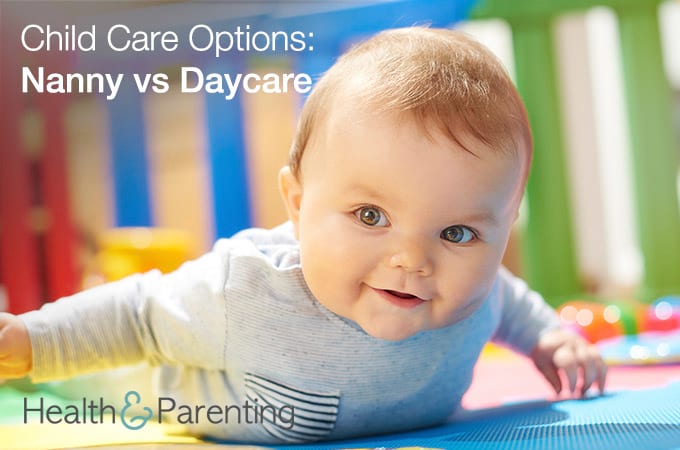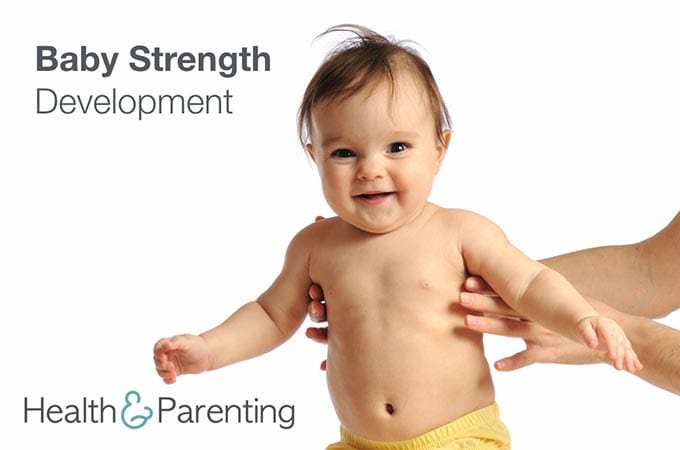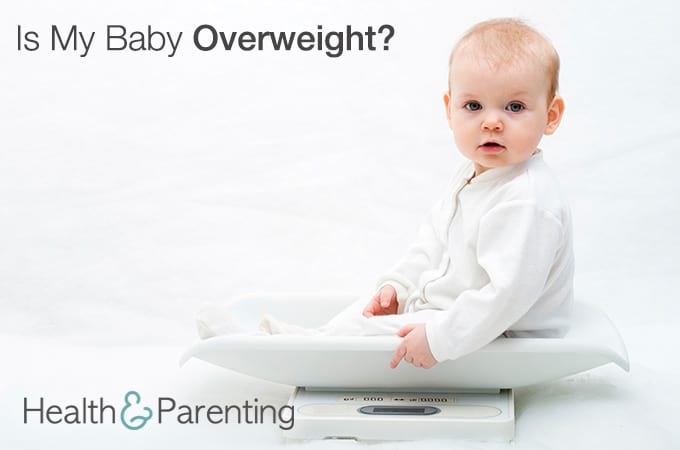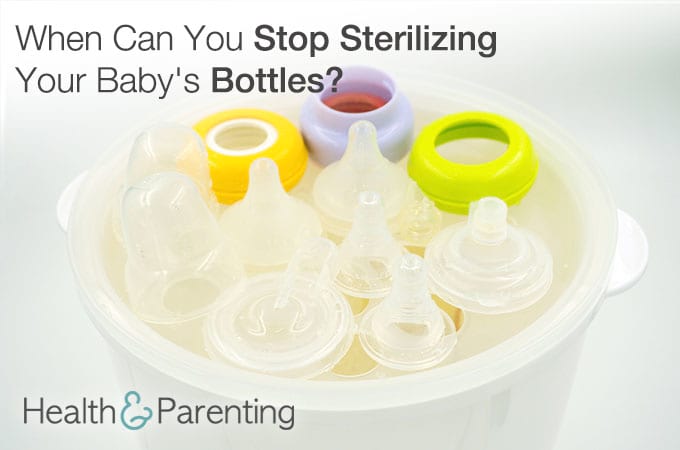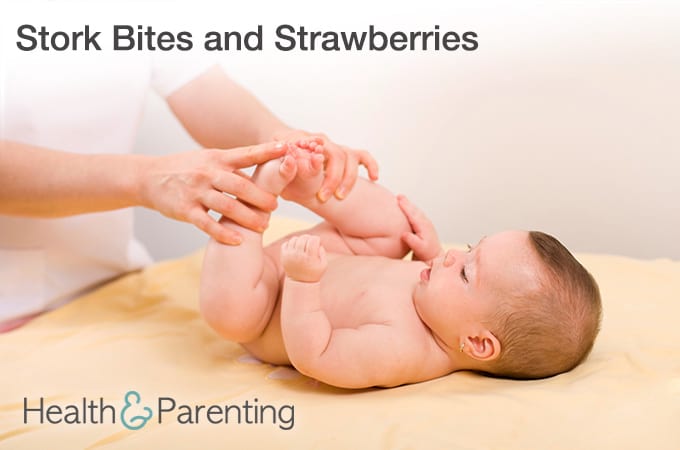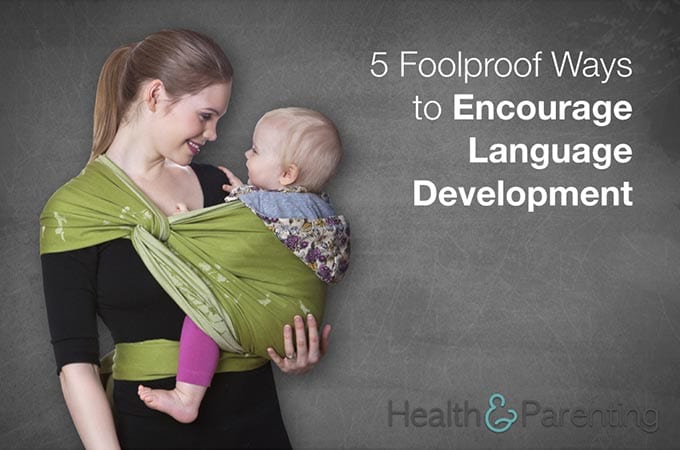If you plan to work outside the home, the day will come when you have to decide on childcare for your baby. If you don’t have a relative to help out, you might have to choose between hiring a nanny or a daycare center. So how do you know which is best?
Choosing between a nanny and daycare comes down to personal preference. There is no one right answer for everyone. But it may be helpful to consider the pros and cons of each.
When it comes to hiring a nanny, an advantage is your baby gets one on one attention. You also get more customized care. For example, you have the freedom of setting a schedule to include naps and feedings at a certain time. It might also be nice to have someone come to your home, instead of having to drop your baby off at a center.
But on the downside, if your nanny gets sick or needs an unexpected day off, it could leave you in a bind. Although your baby gets one on one attention, there is not much social interaction with other babies. Of course, your nanny could arrange outings, which provide social opportunities. Nanny care also tends to be more expensive than a childcare center.
Another childcare option is a daycare center. Daycares may include, small home daycares and large centers. Keep in mind, licensing regulations can vary widely among daycare centers depending on where you live and the size of the center. For example, a home daycare may have less licensing requirements than a larger childcare center.
One advantage of a daycare center is you may have care you can count on every day. You don’t have to worry about one person getting sick and not having care. Also, daycare centers are often inspected on a regular basis, which may give you peace of mind. Your baby will also get the opportunity to play around other babies.
A downside to using a daycare center may be that your baby will not get as much one on one attention as he would with a nanny. There is also the inconvenience of having to get your baby up and out the door each day. Also, if your little one gets sick, you’ll need backup care since he will not be allowed to go to the daycare.
Whichever type of care you feel is best for your baby; it’s essential to do your homework. For example, if you’re considering a daycare, ask what the ratio of caregivers to infants is. Ask about teacher qualifications and training. If you’re hiring a nanny, do a background check and thorough interview. Also, consider having your nanny do a trial run and spend a few hours with your baby while you’re at home to see if she is a good fit.
Lastly, trust your gut. If something does not feel right, walk away. There are always other options. Remember it’s a big decision. Selecting the right childcare will help your baby continue to thrive!
Written by MaryAnn DePietro @writerlady34
This information is not intended to replace the advice of a trained medical doctor. Health & Parenting Ltd disclaims any liability for the decisions you make based on this information, which is provided to you on a general information basis only and not as a substitute for personalized medical advice. All contents copyright © Health & Parenting Ltd 2016. All rights reserved.

